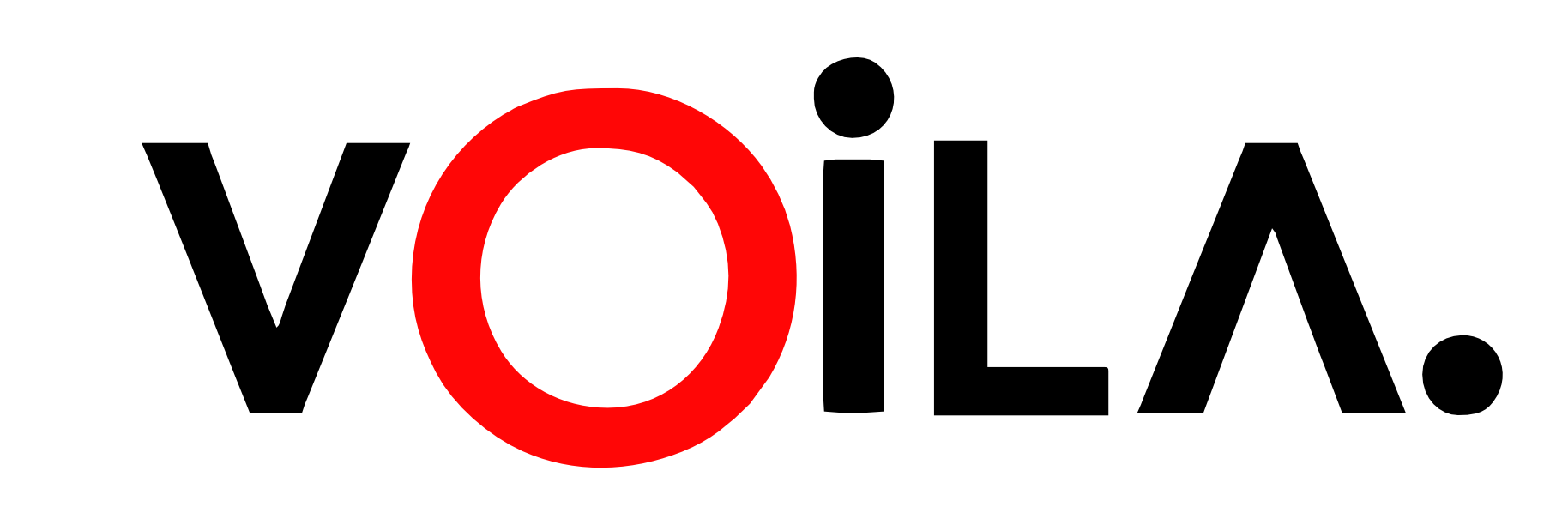The Minister of Power, Adebayo Adelabu, has announced that the government has outlined plans to offset N2tn out of the N4tn debt owed to power generation companies by the end of the current year.
He said the amount to be paid in cash and promissory notes is an attempt to pacify the electricity generation companies from shutting down their plants.
The minister announced this during the sixth edition of the 2025 Ministerial Press Briefing Series, where he addressed concerns about rising energy costs, unpaid subsidies, and recent tariff adjustments, on Thursday in Abuja.
He said discussions were already underway with the Minister of Finance and Coordinating Minister of the Economy, Mr Wale Edun, who has committed to settling the debt through either budgetary allocation or guaranteed instruments such as promissory notes.
He added that these promissory notes would be strong enough to present at banks to meet immediate cash needs.
The PUNCH earlier reported that Gencos had issued a warning to the Federal Government over the continued accumulation of debts now totalling over N4tn.
The companies announced that they are on the brink of shutting down operations due to the growing liquidity crisis in the power sector.
In a statement released under the umbrella of the Association of Power Generation Companies, the Gencos expressed deep frustration over what they described as “inadequate payment for electricity generated and consumed on the national grid.”
Speaking at the event, the minister said the debts are primarily unpaid subsidies, half of which were inherited, while the other half accumulated during the 2024 fiscal year.
Adelabu said the debt accumulated from unpaid electricity subsidies, describing 50 per cent of it as legacy debt and the balance emanating from 2024 operations.
Admitting that Gencos threatened to halt operations, he insisted that plans are underway to defray the debts gradually, even as the government cannot settle them at a go.
The minister said, “Let me first explain that these debts are unpaid subsidies of the Federal Government, which are due to the power-generating companies. Almost half of it was inherited, while about half of it came from 2024 operations, which is N4tn.
“I agree with you, there was a publication in the papers where the companies threatened to shut down their plants.”
On the steps to pay the debt, he said, “There are plans underway to make these payments. While I will not say it will be paid 100 per cent, we will be paying it gradually. And the mode of payment is in two ways.
“We have sub-budgetary provisions which will facilitate cash payment while we are discussing with generating companies to give them guaranteed debt instruments like a promissory note, which we will give to them to pay them or defray some of these debts.
“These promissory notes will be liquid enough for them to be taken to the banks for discounting if they need immediate cash injections. So, it is the combination of cash payment and promissory notes. And I can tell you that between now and the end of the year, we are going to pay close to N2tn out of this N4tn.
“I have had discussions with the Minister of Finance and the Coordinating Minister of the Economy, who has promised that they working on the promissory note and once we have budget releases, cash payments will also be made.”
Defending the existence of the subsidy and how the debt was accumulated, he said, “We believe that the average energy cost today per kilowatt of power is about N170 per kilowatt. But 85 per cent of customers are still paying N60.”
He said this means Nigeria has only achieved a 35 per cent reduction in electricity subsidies following a tariff increase implemented last year for some users.
He added that the government has always paid a shortfall as subsidies to the operators, as Nigerians were only paying about 20 per cent of energy costs.
Adelabu said the government power companies, such as the National Electric Power Authority and Power Holding Company of Nigeria, were almost supplying energy free of charge, as it was subsidised by almost 80 per cent.
Responding to questions about the recent increase in electricity tariffs, Adelabu said the adjustments were necessary to protect the long-term viability of the power sector while targeting subsidies to those who need them the most.
According to him, the present 11 DisCos are not charging cost-reflective tariffs, and this has restricted investment in the sector.
“Before now, about 85 per cent of customers were paying around N60 per kilowatt-hour, while the actual cost of supplying power was about N170. Only 15 per cent of customers—mostly Band A—pay N209, and that is where there is a small margin,” he said.
“We’re not eliminating subsidies, but we must restructure them. In the past, subsidies largely benefited high-consuming households. Now, we’re designing a system where only low-consumption users—mostly poor households—enjoy the subsidy.”
He said increasing energy production is not enough if there isn’t a matching demand, as power generation companies lose money when their energy isn’t used.
Adelabu also said that government oversight would remain strong, especially in ensuring that distribution companies meet their service obligations.
“Any Disco charging Band A tariff but failing to provide 20 hours of electricity daily will be penalised,” he said.
Despite public discontent over the recent tariff review, the minister maintained that the government remains committed to affordability.
“We are not on the side of the companies — we are on the side of Nigerians. But we must also face the reality that energy, like food, is expensive everywhere in the world,” he said.
Meanwhile, the government has applauded its move in ensuring tariff increases for Band A customers, stating that due to its transformative tariff reforms, the market has generated an additional N700bn in revenue, reflecting a 70 per cent increase.
According to him, this saw the market revenue for 2024 rising from N1tn in 2023 to N1.7tn.
“It is evident that, due to our transformative tariff reforms, the market has generated an additional N700bn in revenue, reflecting a 70 per cent increase. This results from the cost-reflective tariff adjustment for Band A customers.
“This demonstrates that financial viability and service delivery can coexist harmoniously,” he said.

 2 months ago
77
2 months ago
77








 English (US) ·
English (US) ·